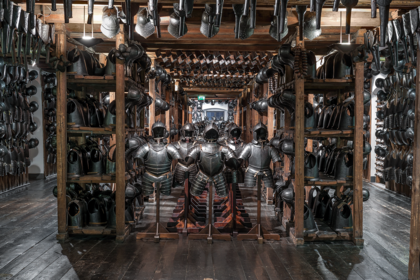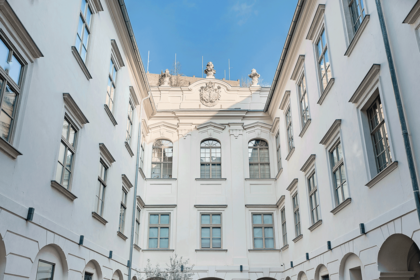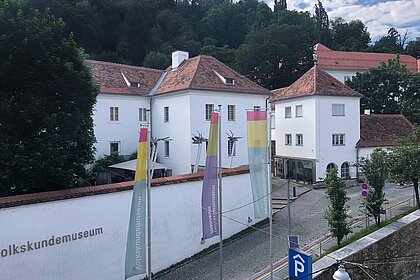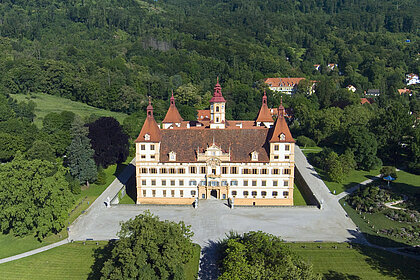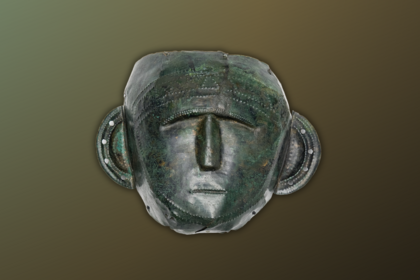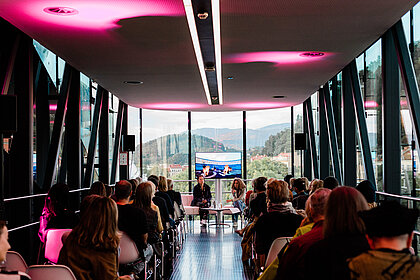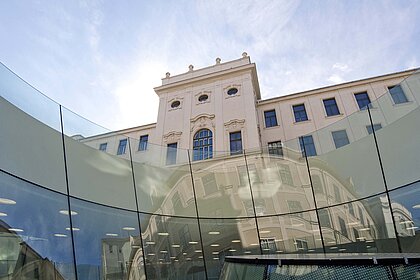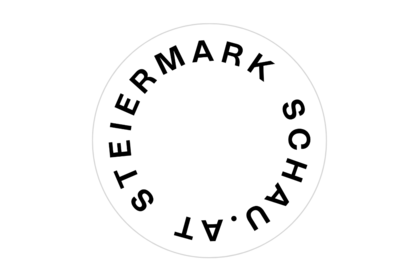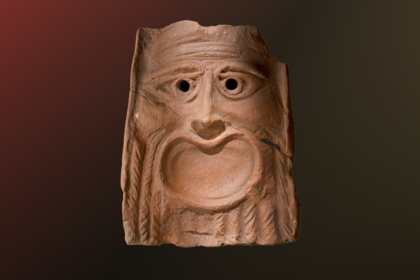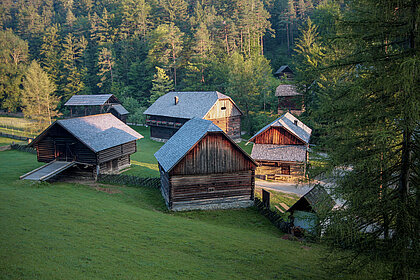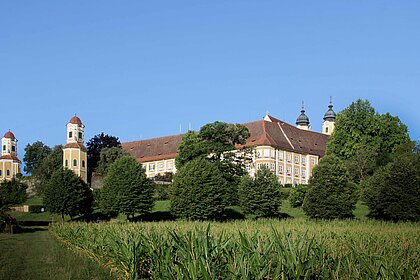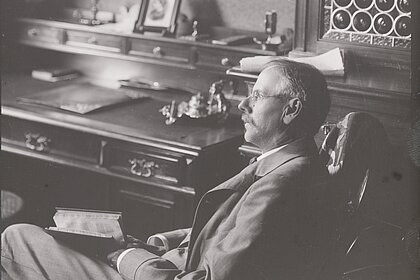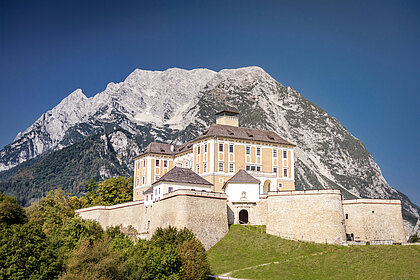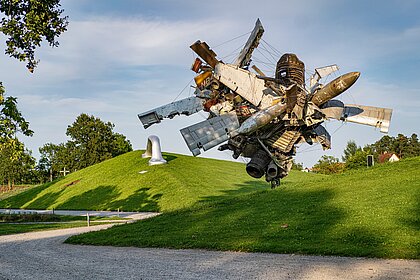In Austria, homosexuality was punishable by law during the years 1918 to 1971. Sexual relationships between same sex partners were punished as “fornication against nature” with up to five years in prison. Unlike in other countries, such as Germany, this law also applied to women. During the NS-period, suspects, if found guilty one, were sentenced to prison and were send to concentration camps afterwards. Compared to other victim groups, persecuted for reasons other than racially motivated persecution (for example Jehovah’s witnesses) the survival rate was low with 40 %. The proportion of women amongst the victims was 3 %. Usually, they were arrested and sentenced based on denunciations, while men were actively persecuted.
People persecuted for homosexuality were not recognised as NS-victims of the for a long time. For decades after, people were actively persecuted, sentenced and punished for “fornication against nature”.
In 1971 the general ban of homosexual acts was lifted due to the so called “small penal reform”; however, new punishable offences were added (§ 209, § 210, § 220, § 221), which continued the legal discrimination of homosexuals. These sections were lifted step-by-step during the years 1989 to 2002.
In February 2024 all rulings were overturned and affected victims are entitled to financial compensation. However, there is no comprehensive protection from discriminatory actions in areas such as housing and services, to date.
In the culture of remembrance and commemoration – in Austria as well as internationally – this persecuted group has been getting attention only recently. Currently, seven Stolpersteine for homosexual victims of the National Socialism exist in Graz. 2021 the publication Queere Verfolgungsgeschichte und intersektionales Gedenken in der Steiermark was released. 2022 the symposium gemeinsam*denken. Intersektionale Gedenk- und Erinnerungsarbeit, focusing on queer commemoration work took place in Graz.
